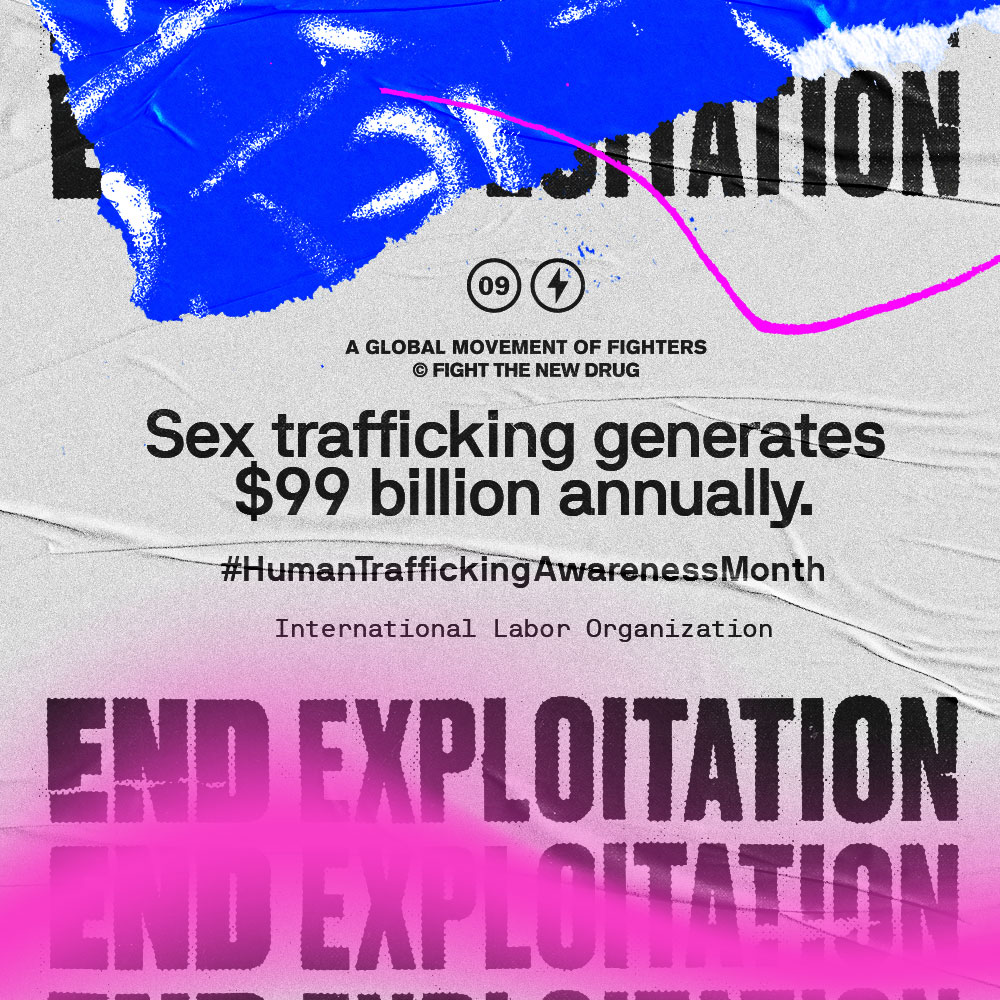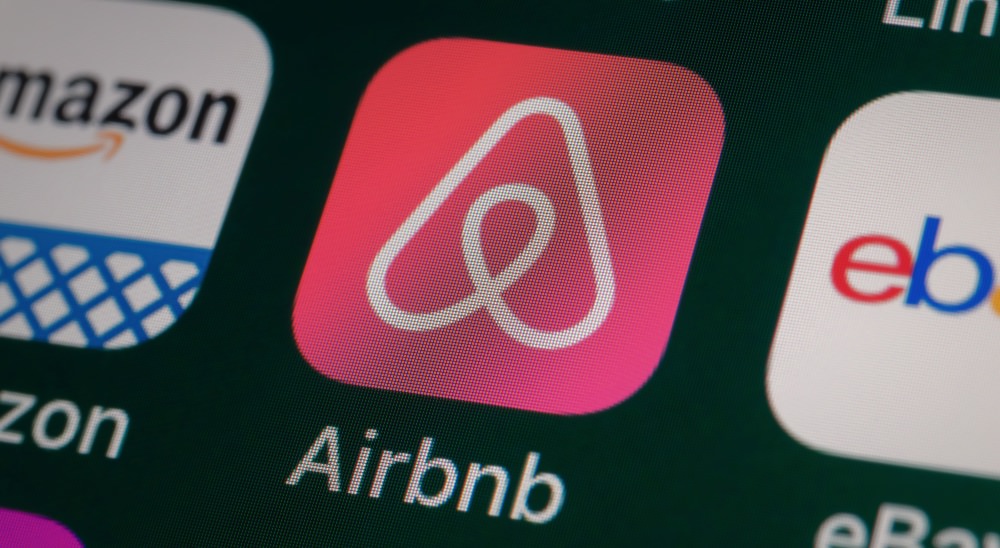The hospitality industry has been a hotspot for sex traffickers since its inception.
As a Houston team of attorneys that sued three major hotel chains last month on behalf of three sex trafficking victims put it, “Traffickers have long capitalized on the…industry’s refusal to adopt company-wide anti-trafficking policies…and they have exploited the seclusion and privacy of…rooms.”
According to an article shared by The Next Web, a news site focused on technology and start-ups, Airbnb, due to a policy lapse, could also be permitting sex trafficking just like other hotel chains.
Wondering how? Let’s get the facts.
An overview of Airbnb’s accountability policy
Before we get into the details, here’s some quick background info on the business: Airbnb is an online marketplace for arranging or offering lodging, primarily homestays, or tourism experiences. While the business does not own any of the real estate listings, nor does it host events, it makes money from each booking that goes through the site.
According to Airbnb, the business has “no control over the conduct of hosts and disclaims all liability.” In other words, it is entirely up to the host to not act in an unacceptable or illegal way, especially when it comes to accepting bookings and treating visitors well. This includes engaging in possible trafficking behavior.
Assuming all hosts have avoided breaking serious rules or laws, or being exploitative in any way, we’d guess that The Next Web wouldn’t have found anything worth investigating or sharing in an article. But just like with any other industry, there are those who don’t play by the rules.
For those exploitative hosts, many aren’t held accountable for their actions because local, regional, and national authorities often lack the ability or resources to enforce existing regulations or innovate new laws to catch up with the latest developments in the trafficking industry.
That’s a huge emerging problem with pop-up brothels, businesses that sell men, women, and children for sex for short periods of time from different properties and locations, (and gang-related drug dealing) becoming more commonly associated with accommodations that have been rented online.
And that problem becomes even larger when you take into account the fact that, currently, Airbnb has 7 million listings in more than 100,000 cities. That makes it larger than the eight biggest hotel groups combined.
Other notable Airbnb policies
While Airbnb joined a World Travel & Tourism Council task force on trafficking in 2019—which was a step in the right direction—the $30-plus billion company has been criticized for not ensuring that hosts around the world undertake training for recognizing signs of children at risk and reporting such incidents to police.
As it stands now, background screening on hosts and renters, and risk analysis only occur in the U.S. Moreover, Airbnb hosts receive no education on how to spot exploitation and trafficking.
While Nick Shapiro, Airbnb’s former global head of trust and risk management, once explained that the business applies risk analysis by searching through photos on the platform to check for signs of exploitation, some would question how exactly such a methodology prevents human trafficking.
Models for change
Other businesses in the sharing economy, such as ride-sharing platforms Uber and Lyft, have made strides in the fight against sex trafficking. Both recently announced that they would teach drivers in some regions how to spot traffickers and their victims.
And they aren’t alone. Hotel chain giant, Marriott, has also led its own powerful charge against trafficking within the hospitality industry.
Related: A Guy At An Art Gallery Tried To Traffic Me Into The Commercial Sex Industry
Led by CEO Arne Sorenson, Marriott has paired up with End Child Prostitution and Trafficking (ECPAT-USA), a nonprofit policy organization that focuses on ending child sexual exploitation, and Polaris, another nonprofit that works to fight human trafficking, in order to develop a comprehensive training program for all of Marriott’s hotel staff. Almost 100% of its associates have completed the training program, and Marriott has even taken steps to translate the program into 15 other languages. Cool, right?
In an opinion piece for USA Today discussing some of the steps Marriott has taken to fight sex trafficking, Sorenson wrote:
“It is an unfortunate reality that traffickers sometimes use hotels to exploit victims and commit their crimes. But rather than wish it were otherwise, we decided to make our 6,000-plus properties worldwide part of the solution.”
This same solution is one we must all be a part of in order to make a difference.
Why this matters
The human trafficking industry is the fastest growing industry of the world’s largest illegal trade commodities—faster than both the drug and weapon industries.
Because of such growth, Anka Rising, a nonprofit organization whose mission is to eradicate modern-day slavery, estimates that 21 million men, women, and children daily find themselves being sexually exploited. According to the United Nations, almost one-third of these victims are children.
Even if you aren’t an activist who’s able to fight sex trafficking on the front lines, you can still keep your eyes and ears open like Tahir Mehmood, a taxi driver who saved a woman from being further exploited when he called the police to help her.
You can also join in the fight by choosing not to watch porn, which is intrinsically linked to sex trafficking because it normalizes what trafficking victims have to endure, promotes genres of content that encourage consumers to seek out illegal underage content, among numerous other reasons.
We exist to end the demand and that starts with each one of us refusing to take part. Are you with us?

Your Support Matters Now More Than Ever
Most kids today are exposed to porn by the age of 12. By the time they’re teenagers, 75% of boys and 70% of girls have already viewed itRobb, M.B., & Mann, S. (2023). Teens and pornography. San Francisco, CA: Common Sense.Copy —often before they’ve had a single healthy conversation about it.
Even more concerning: over half of boys and nearly 40% of girls believe porn is a realistic depiction of sexMartellozzo, E., Monaghan, A., Adler, J. R., Davidson, J., Leyva, R., & Horvath, M. A. H. (2016). “I wasn’t sure it was normal to watch it”: A quantitative and qualitative examination of the impact of online pornography on the values, attitudes, beliefs and behaviours of children and young people. Middlesex University, NSPCC, & Office of the Children’s Commissioner.Copy . And among teens who have seen porn, more than 79% of teens use it to learn how to have sexRobb, M.B., & Mann, S. (2023). Teens and pornography. San Francisco, CA: Common Sense.Copy . That means millions of young people are getting sex ed from violent, degrading content, which becomes their baseline understanding of intimacy. Out of the most popular porn, 33%-88% of videos contain physical aggression and nonconsensual violence-related themesFritz, N., Malic, V., Paul, B., & Zhou, Y. (2020). A descriptive analysis of the types, targets, and relative frequency of aggression in mainstream pornography. Archives of Sexual Behavior, 49(8), 3041-3053. doi:10.1007/s10508-020-01773-0Copy Bridges et al., 2010, “Aggression and Sexual Behavior in Best-Selling Pornography Videos: A Content Analysis,” Violence Against Women.Copy .
From increasing rates of loneliness, depression, and self-doubt, to distorted views of sex, reduced relationship satisfaction, and riskier sexual behavior among teens, porn is impacting individuals, relationships, and society worldwideFight the New Drug. (2024, May). Get the Facts (Series of web articles). Fight the New Drug.Copy .
This is why Fight the New Drug exists—but we can’t do it without you.
Your donation directly fuels the creation of new educational resources, including our awareness-raising videos, podcasts, research-driven articles, engaging school presentations, and digital tools that reach youth where they are: online and in school. It equips individuals, parents, educators, and youth with trustworthy resources to start the conversation.
Will you join us? We’re grateful for whatever you can give—but a recurring donation makes the biggest difference. Every dollar directly supports our vital work, and every individual we reach decreases sexual exploitation. Let’s fight for real love:



